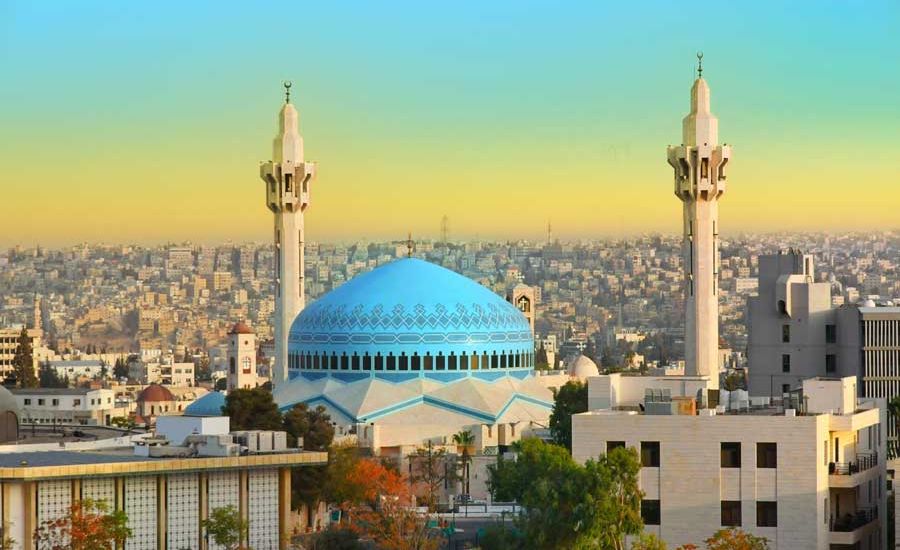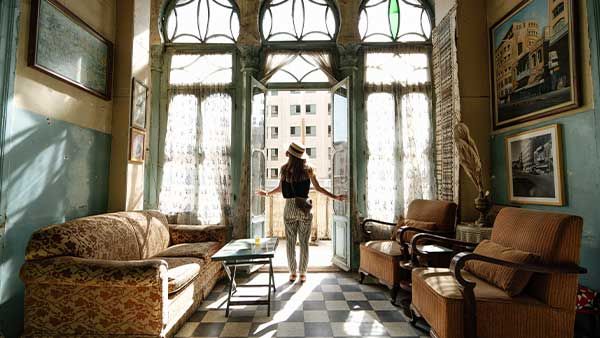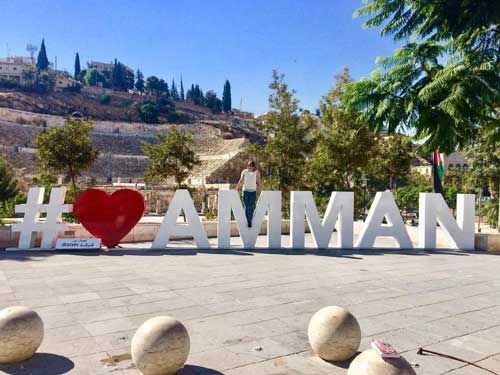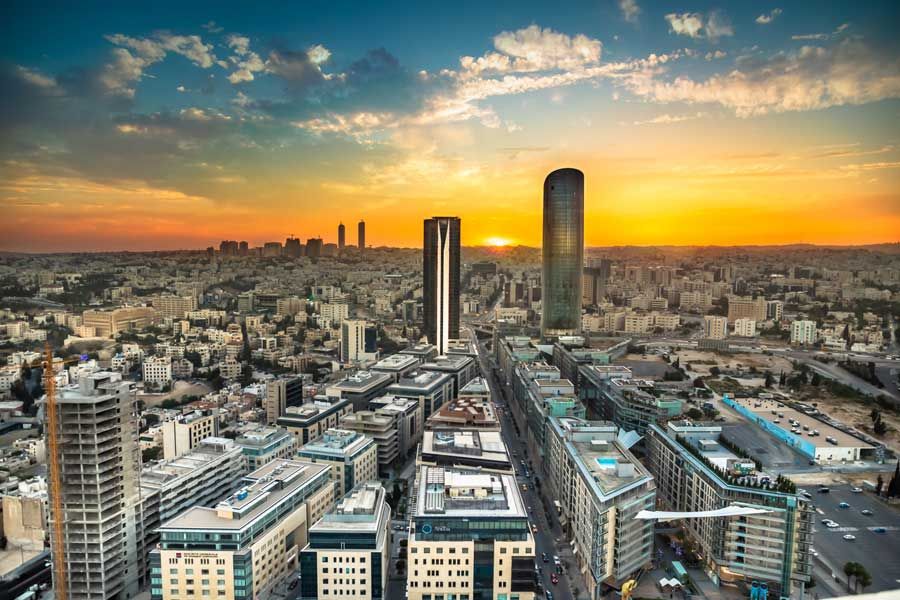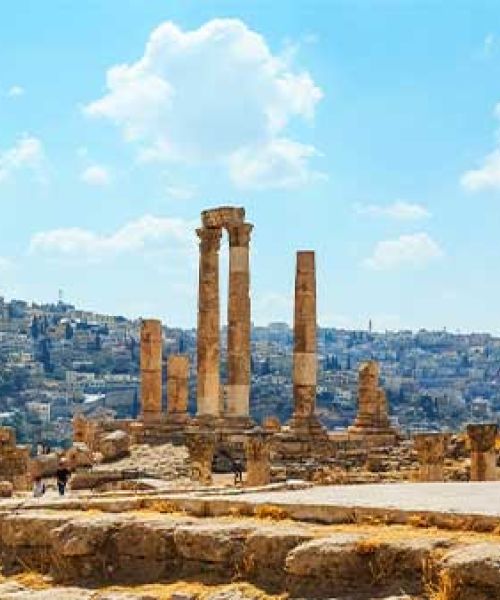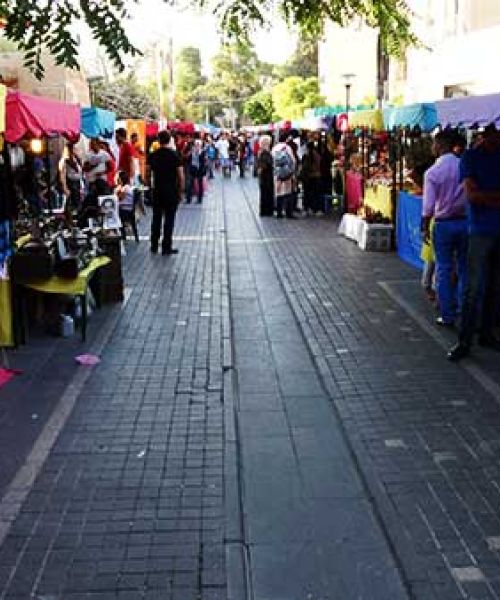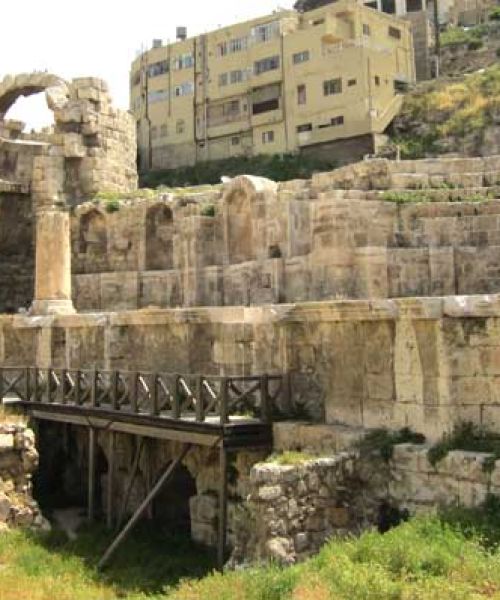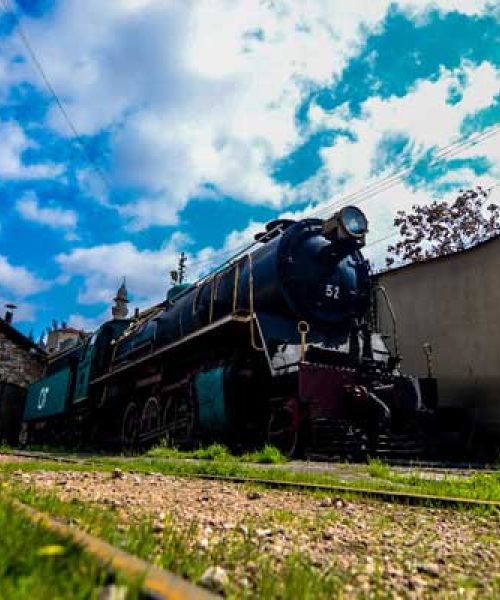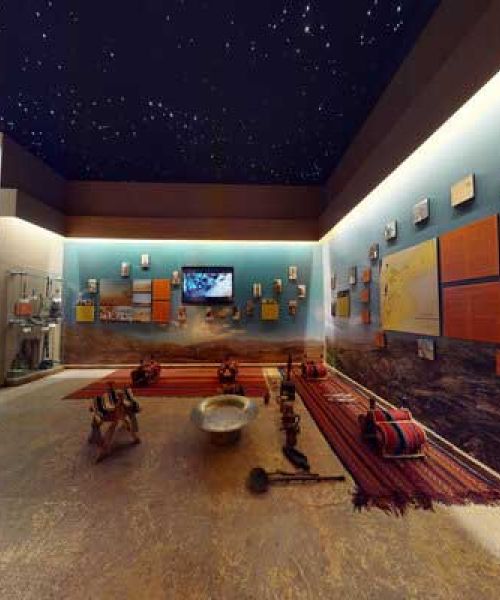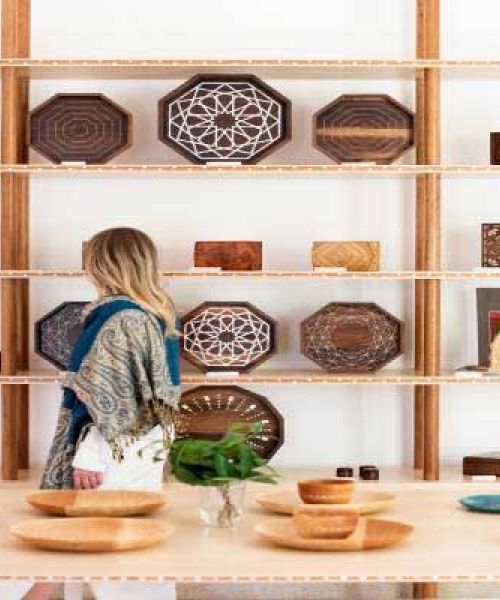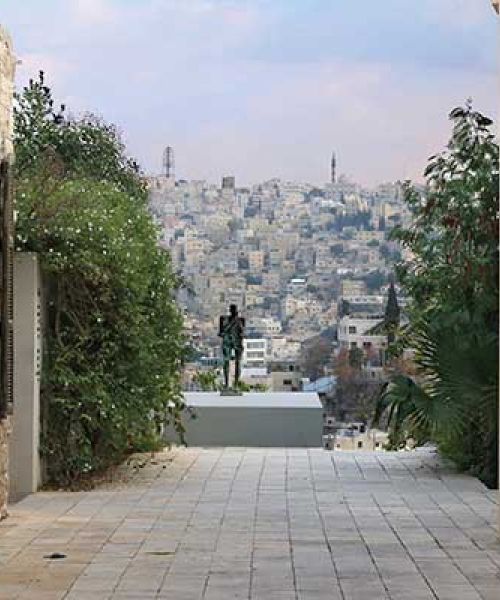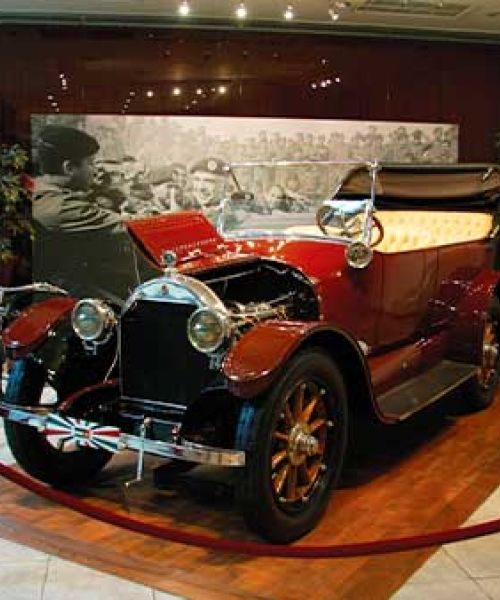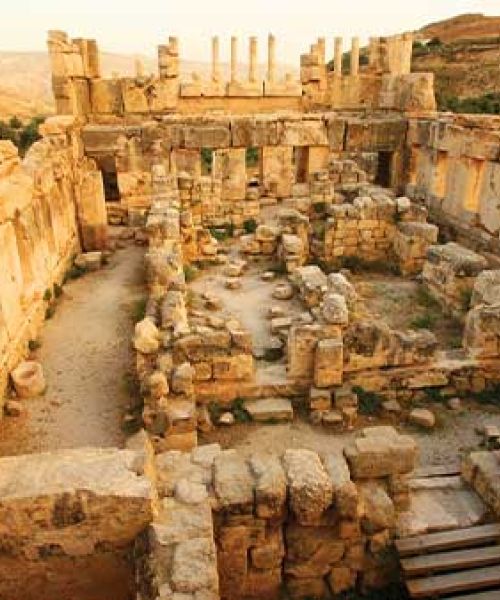Amman, the capital and largest city of Jordan, is one of the oldest continuously inhabited cities in the world. Serving as the country’s political, cultural, and commercial hub, it masterfully blends ancient heritage with modern energy.
The heart of Amman lies in its downtown area (the Balad), where the vibrant old souk, the iconic King Hussein Mosque, and traditional markets create a lively atmosphere. Despite the city’s rapid expansion, the downtown area retains its authentic charm and old-world character.
For history enthusiasts, the Citadel (Jabal al-Qal’a) is a must-visit. This ancient site, inhabited since Roman, Byzantine, and early Islamic times, features remnants that may date back to the Bronze Age. Nearby, the Jabal Amman district offers a mix of souks, museums, ancient monuments, and cultural sites, making it ideal for those seeking the essence of the Old City.
Amman is a gateway to Jordan’s rich history and vibrant culture, offering a unique experience for every traveler.

